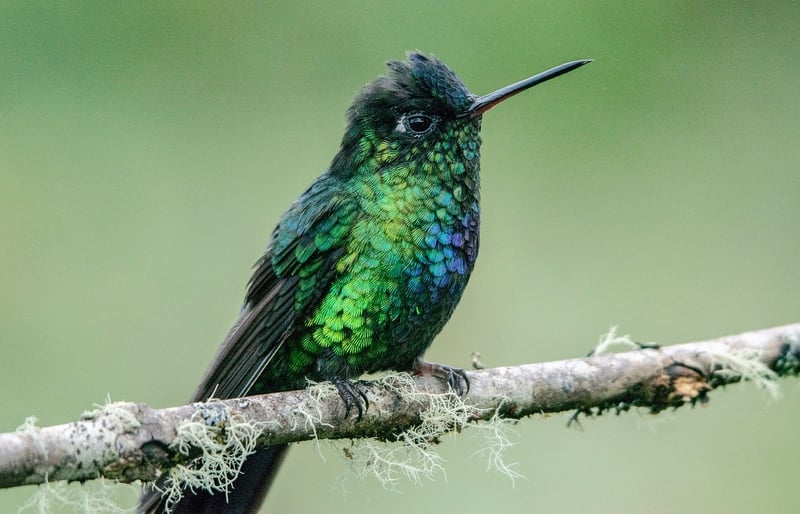Hummingbird Habitats
#Bee Conservation
#Eco-Friendly
#Biodiversity
Creating Spaces for Helpful Insects and Hummingbird Habitats
The Importance of Beneficial Insects
Beneficial insects play a crucial role in maintaining a healthy ecosystem in your garden. They help control pests, pollinate plants, and improve overall biodiversity.
How to Attract Beneficial Insects:
- Plant a variety of flowers that provide nectar and pollen.
- Include native plants in your garden to support local insect species.
- Provide shelter such as rocks, logs, or insect hotels for insects to hide and lay eggs.
- Avoid using pesticides that can harm beneficial insects.
Creating Hummingbird Habitats
Hummingbirds are not only beautiful to watch but also essential pollinators. By creating habitats that attract hummingbirds, you can help support their populations.
Ways to Attract Hummingbirds:
- Plant nectar-producing flowers like bee balm, salvia, and trumpet vine.
- Hang hummingbird feeders filled with a sugar-water solution.
- Provide perches for hummingbirds to rest and observe their surroundings.
- Keep your garden pesticide-free to ensure a safe environment for hummingbirds.
Recommended Plants for Beneficial Insects and Hummingbirds
Here are some plant suggestions that can attract both beneficial insects and hummingbirds to your garden:
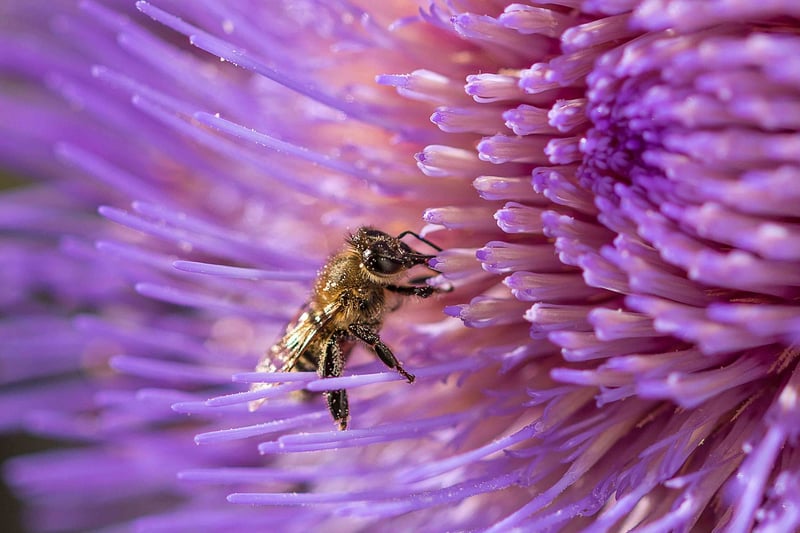
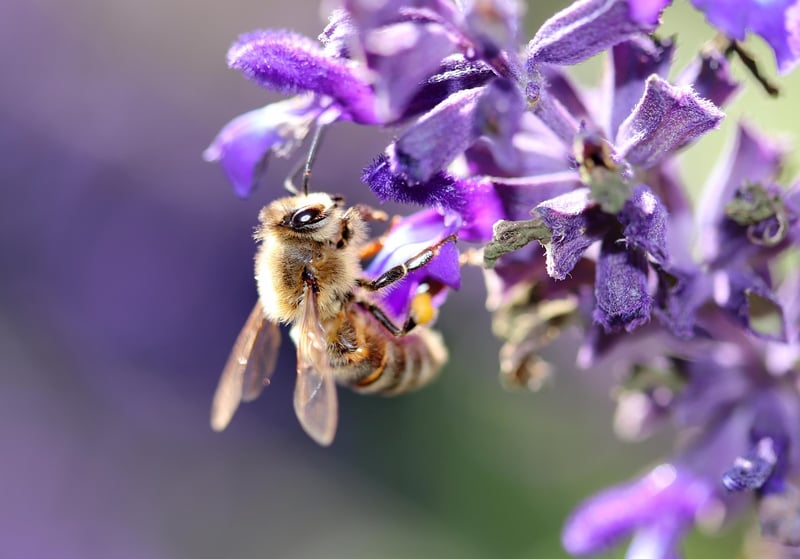
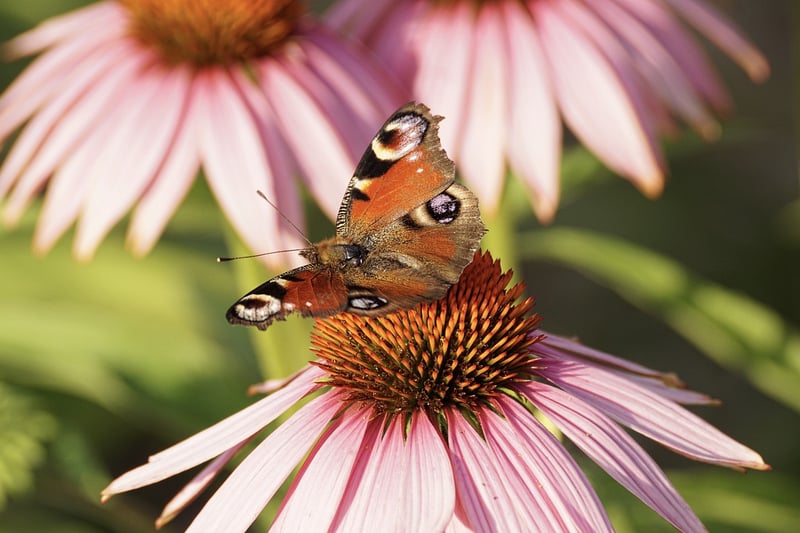
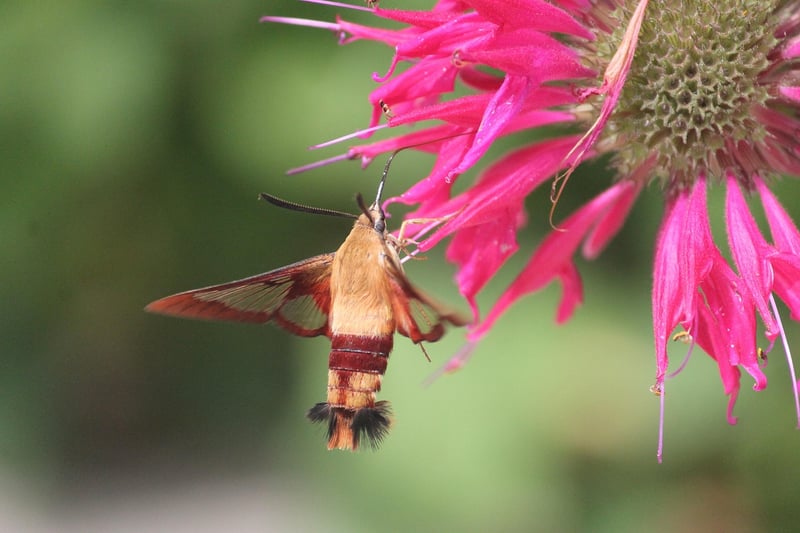
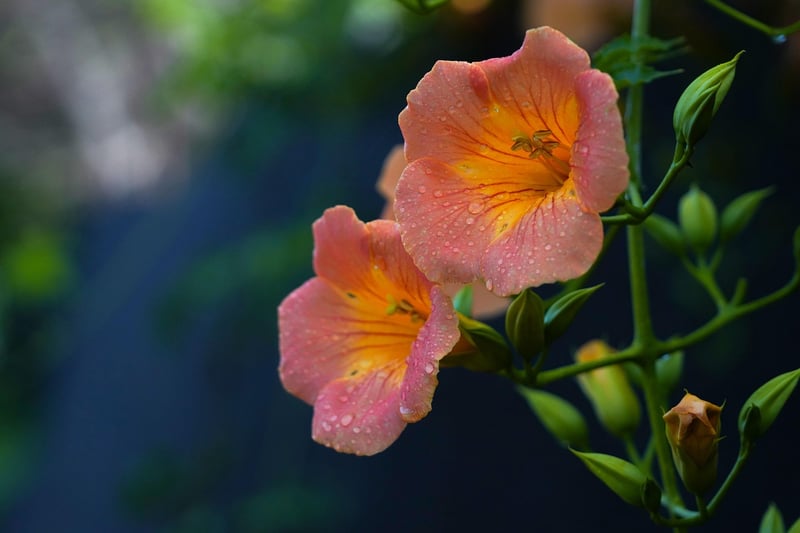
By incorporating these plants and following the tips mentioned, you can create a welcoming environment for beneficial insects and hummingbirds in your garden. Remember, a healthy garden is a diverse garden!
